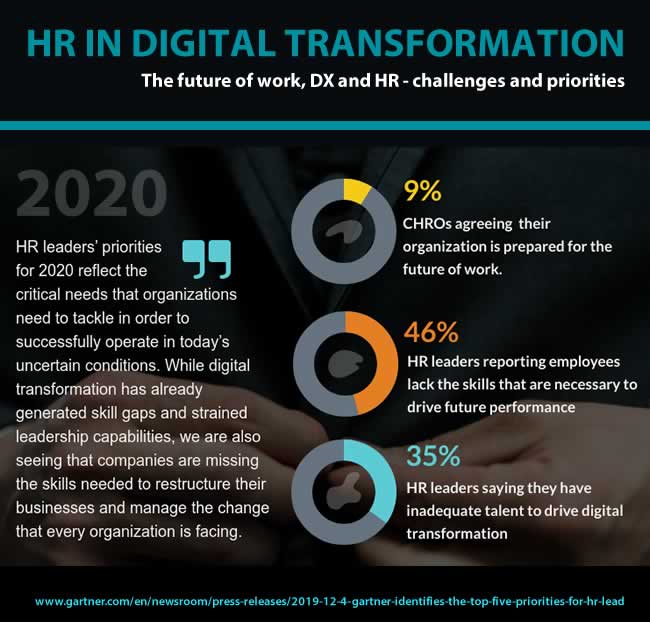Digitalization In HR Practices Presentation
| Introduction to Digitalization in HR Practices | ||
|---|---|---|
| Digitalization refers to the integration of technology into HR processes to streamline operations and enhance efficiency. Digitalization in HR practices has transformed recruitment, employee engagement, and performance management. The adoption of digital tools and platforms has revolutionized the HR landscape, enabling organizations to save time and resources. | ||
| 1 | ||
| Benefits of Digitalization in HR Practices | ||
|---|---|---|
| Improved Efficiency: Digitalization automates repetitive tasks, allowing HR professionals to focus on strategic initiatives. Enhanced Employee Experience: Digital tools boost employee engagement, enable self-service, and provide personalized experiences. Data-Driven Decisions: Digital HR systems generate real-time analytics, empowering HR professionals to make informed decisions. | ||
| 2 | ||
| Key Digitalization Trends in HR Practices | ||
|---|---|---|
| Artificial Intelligence (AI): AI-powered chatbots automate HR queries and provide instant support to employees. Mobile Applications: HR mobile apps facilitate remote access to HR services, such as leave management and performance reviews. Data Analytics: HR analytics tools analyze employee data to identify trends, predict turnover, and optimize workforce planning. | ||
| 3 | ||
| Challenges of Digitalization in HR Practices | ||
|---|---|---|
| Resistance to Change: Some employees and HR professionals may resist the adoption of digital tools due to unfamiliarity or fear of job displacement. Data Security and Privacy: Digitalization introduces new risks, such as data breaches and privacy concerns. Organizations must ensure robust security measures are in place. Skill Gap: HR professionals need to acquire new digital skills to effectively leverage digital tools and navigate the evolving HR technology landscape. |  | |
| 4 | ||
| Future Outlook of Digitalization in HR Practices | ||
|---|---|---|
| Continued Integration of AI: AI will play a more significant role in HR processes, including talent acquisition, learning and development, and HR analytics. Virtual Reality (VR) and Augmented Reality (AR): VR/ AR technologies will enhance onboarding, training, and remote collaboration in HR. Blockchain Technology: Blockchain will revolutionize HR processes by providing secure and transparent solutions for identity verification, credentials, and payroll. |  | |
| 5 | ||
| References (download PPTX file for details) | ||
|---|---|---|
| Johnson, M. (2021). Digitalization in HR: Wha... Society for Human Resource Management (SHRM).... Deloitte. (2018). Digital HR: Revolution, not... |  | |
| 6 | ||


